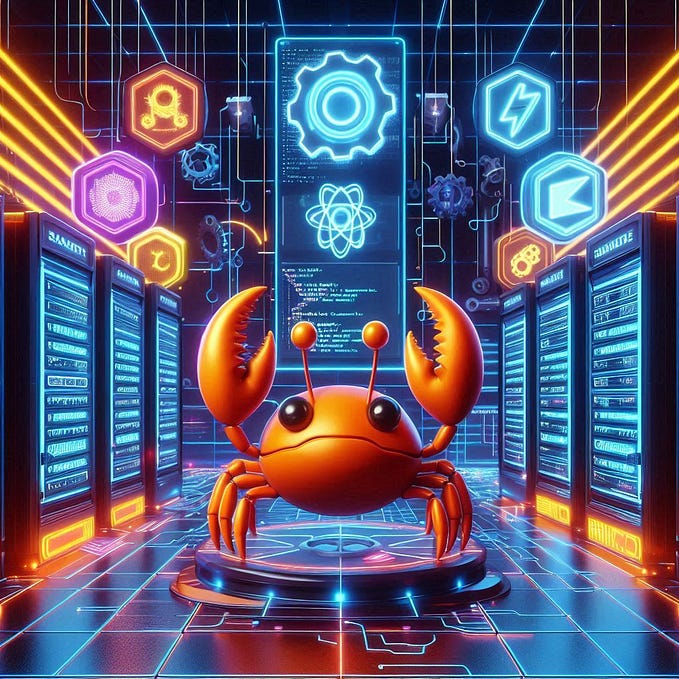Member-only story
Python to Rust: Breaking Down 3 Big Obstacles
Python pro to Rust rookie — a data scientist’s transition tale

Everybody around me knows that I am a big fan of 🐍 Python. I started using Python about 15 years ago when I was fed up with Mathworks Matlab. While the idea of Matlab seemed nice, after mastering Python I never looked back. I even became a sort of evangelist of Python at my University and “spread the word”.
The ability to code does not make you a software developer.
At my current employer TenneT, a large transmission system operator in the Netherlands and Germany, we are building a document parsing and validation solution with a team of about 10 people. Building such a solution, especially in a team, is much harder than I thought. This also made me more interested in proper paradigms of software engineering. I always thought that my code is not too bad, but after looking at work from my software engineer friends: man there is so much to learn!
As I learned about topics like strong typing, SOLID principles, and general programming architectures, I also glanced at other languages and how they solved the problem. Especially Rust caught my eye as I often saw Python packages that were based on Rust (e.g. Polars).









